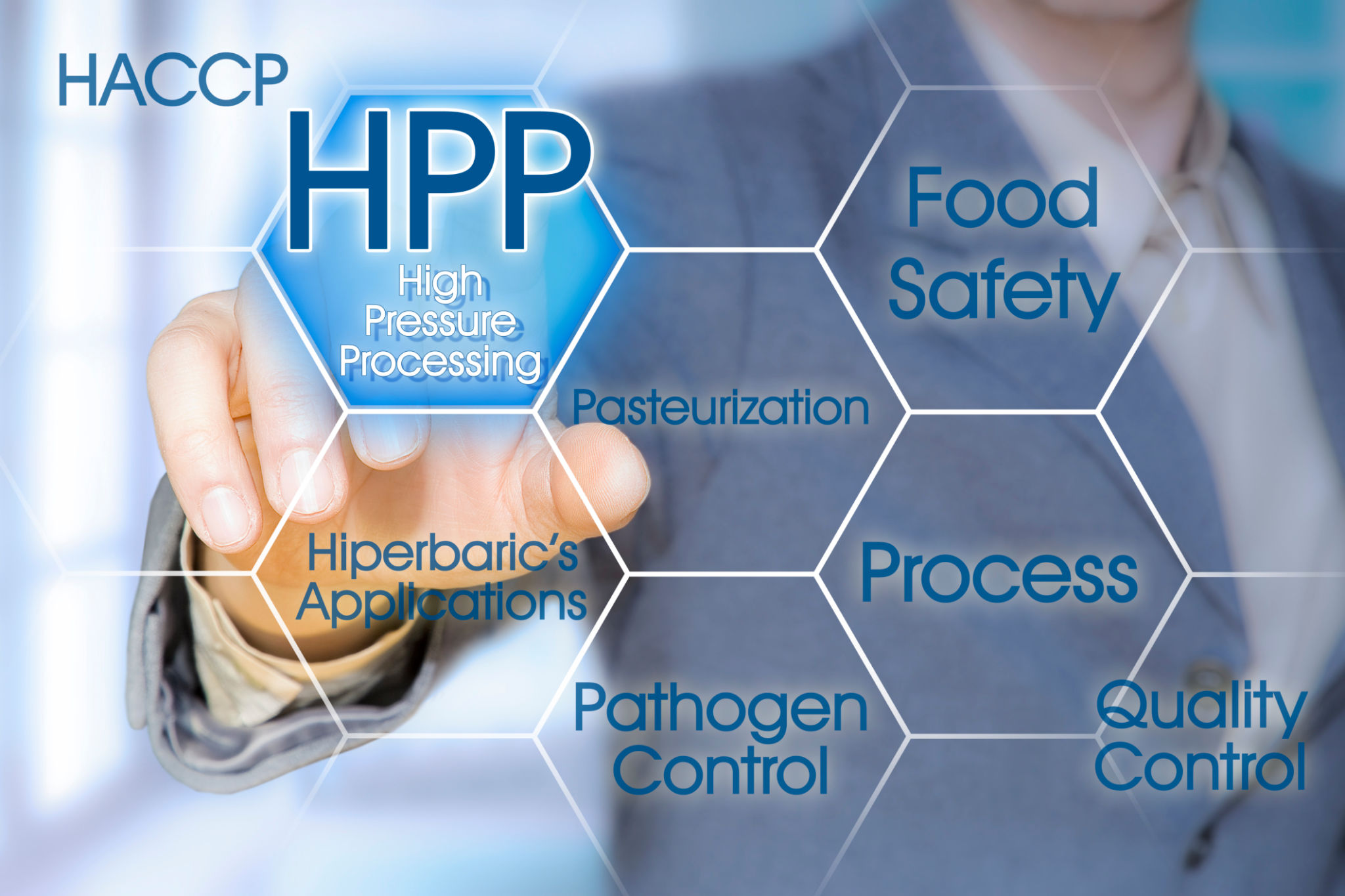A Beginner's Guide to HPP Technology Consultation Services
Understanding HPP Technology
High Pressure Processing (HPP) technology is a revolutionary method used in the food and beverage industry to enhance food safety and extend shelf life without the need for heat or chemical preservatives. This non-thermal pasteurization technique uses high pressure to inactivate pathogens and spoilage organisms, maintaining the fresh qualities of food. As more businesses seek to adopt this technology, consulting services have become invaluable in guiding them through effective implementation.
HPP works by subjecting packaged products to extremely high pressures, typically between 300 and 600 MPa. This process effectively eliminates harmful bacteria such as Listeria, E. coli, and Salmonella, while preserving the taste, texture, and nutritional value of the food. Understanding the intricacies of this technology is crucial for businesses looking to leverage its benefits.

Why Seek Consultation Services?
Implementing HPP technology can be complex, requiring a deep understanding of both the technical and regulatory aspects. Consulting services offer tailored guidance to ensure that businesses can maximize their investment in HPP. These services cover various areas, including technology selection, process validation, and compliance with food safety standards.
Expert consultants can help businesses navigate the initial setup, from selecting the right equipment to optimizing processing parameters. They can also assist in training staff to ensure smooth operation and minimal downtime. Moreover, consultants provide valuable insight into market trends and consumer preferences, helping businesses stay ahead of the competition.

Choosing the Right Consulting Service
When selecting an HPP technology consultation service, businesses should consider several factors to ensure they receive the best support. Here are some key aspects to evaluate:
- Experience: Look for consultants with a proven track record in the industry and expertise in HPP technology.
- Comprehensive Services: Ensure that the service provider offers a full range of support, from initial assessments to ongoing maintenance.
- Customization: The service should be tailored to meet the specific needs and goals of your business.
By carefully vetting potential consultants, businesses can find a partner that will help them successfully integrate HPP technology into their operations.

The Benefits of HPP Technology
Adopting HPP technology offers numerous advantages beyond just food safety. One of the most significant benefits is the extension of product shelf life, which reduces food waste and enhances distribution efficiency. Additionally, consumers increasingly prefer minimally processed foods, making HPP an attractive option for aligning with current market demands.
Moreover, HPP can lead to cost savings over time by reducing the need for preservatives and improving product quality. This technology also allows for greater innovation in product development, enabling companies to create unique offerings that stand out in a crowded marketplace.
Conclusion
Incorporating HPP technology into your business strategy can be a game-changer, but it requires careful planning and execution. By investing in expert consultation services, companies can navigate the complexities of this advanced technology with confidence. From enhancing food safety to boosting profitability, the benefits of HPP are clear, making it a wise choice for forward-thinking businesses.